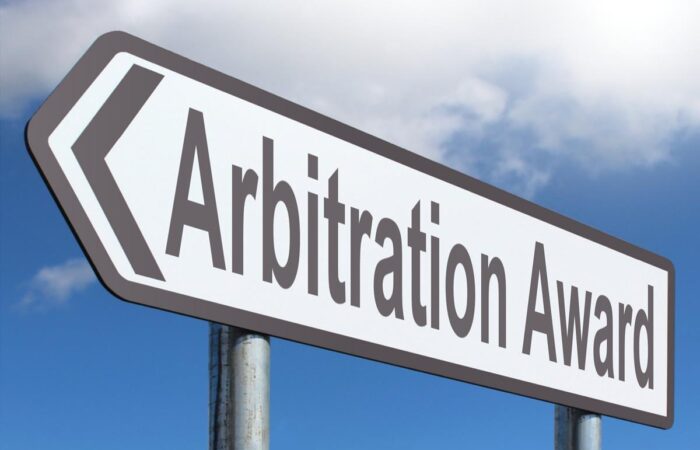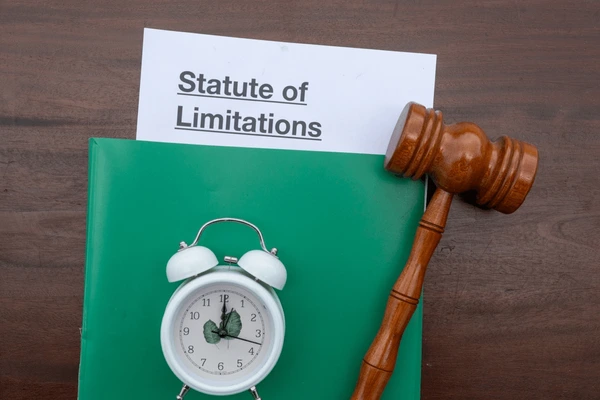
RECOURSE TO COURT OF APPEAL AGAINST ARBITRAL AWARDS: UNCLEAR PROCEDURE AND TIMELINES.
In Nyutu Agrovet Limited v Airtel Networks Kenya Limited; Chartered Institute of Arbitrators-Kenya Branch (Interested Party) [2019] eKLR, The Supreme Court held there are instances a decision on High Court on an Arbitral Award may be appealed against to the Court of Appeal. The Court of Appeal must however grant leave on very restricted grounds. After making the finding, the Supreme Court added;
In stating as above, we reiterate that Courts must draw a line between legitimate claims which fall within the ambit of the exceptional circumstances necessitating an appeal and claims where litigants only want a shot at an opportunity which is not deserved and which completely negates the whole essence of arbitration as an expeditious and efficient way of delivering justice. The High Court and the Court of Appeal particularly have that onerous yet simple task. A leave mechanism as suggested by Kimondo J. and the Interested Party may well be the answer to the process by which frivolous, time wasting and opportunistic appeals may be nipped in the bud and thence bring arbitration proceedings to a swift end. We would expect the Legislature to heed this warning within its mandate.
In making the above finding, the Supreme Court appreciated that under the Arbitration Act, the mechanism of obtaining leave from the Court of Appeal was not provided for. To this extent, the timelines within which the leave may applied for at the Court of Appeal is not provided for. Further, the pleadings that a party may file to seek such leave are also not provided for. The legislature is yet to amend the Arbitration Act to codify the leave mechanism which will clarify the procedure and the timelines for applying for such leave.
Section 40 of the Arbitration Act requires the Chief Justice to make rules for;
- the recognition and enforcement of arbitral awards and all proceedings consequent thereon or incidental thereto;
- the filing of applications for setting aside arbitral awards;
- the staying of any suit or proceedings instituted in contravention of an arbitration agreement;
- generally all proceedings in court under this Act.
The current Rules were made in 1997. However, they do not provide for leave mechanism suggested in Nyutu Agrovet Case.
Faced with question of what procedure a litigant can rely on when applying for the leave, The Court of Appeal in the case of County Government of Meru v Leopard Rock Mico Limited (Civil Application E013 of 2023) [2023] KECA 1401 (KLR) stated as follows,
To start with, it is pertinent to state that the issue of leave to appeal from an arbitral decision made under Sections 35 and 36 of the Arbitration Act is a novel one, and courts are still groping in the dark as to the law and procedure that should guide the same. The reason for this is that before the Supreme Court decision in Nyutu Agrovet, no appeal could lie against a decision made pursuant to Section 35 of the Arbitration Act. Although the Supreme Court opened that narrow window to allow for limited appeals arising from that section, no procedures have been set down on how a court can be moved to grant leave. Thus some parties seek leave within the appeal, others invoke Article 159(2)(d) of the Constitution, while others invoke this Court’s original jurisdiction.
Clearly the Court of Appeal in the above decision noted the absence of an authoritative procedure for moving the court is search for leave to appeal against the decision rendered by High Court under Section 35 of the Arbitration Act.
Litigants and Courts have been however applying Court of Appeal Rule, 2022. A good example is the case of Northern Water Works Development Agency (Formerly Known as Northern Water Service Board) v AA Bayusuf & Sons Limited (Civil Application E446 of 2025) [2025] KECA 1580 (KLR) where a party applied for extension of time within which to file the Application for leave to appeal. The Application was necessitated by the requirement of Rule 41 of the Court of Appeal Rules which provide that where an appeal lies with leave of Court of Appeal, application for leave ought to be filed within 14 days of the decision. In making its decision, the Court was guided by the rules and proceeded to find the delay inexcusable and dismissed the application.
The Court of Appeal Rules, 2022 are made under Appellate Jurisdiction Act by the Rules Committee established under section 81 of the Civil Procedure Act. These rules are therefore not made by the Chief Justice under the Arbitration Act. The Court of Appeal in Anne Mumbi Hinga v Victor Njoki Gathara [2009]eKLR affirmed that Arbitration Act is a complete code of its own and unless certain provisions of another law are expressly incorporated, they cannot be used by litigants in matters arbitration. This finding has continued to be affirmed by various court decisions. The Court of Appeal Rules, 2022, having not been incorporated under the Arbitration Act and Rules, cannot therefore be applicable in disputes emanating from the Arbitration Act.
In absence of a legislation as proposed by the Supreme Court in Nyutu Case and in absence of Rules made by the Chief Justice under Arbitration Act, litigants are left to improvise as the Court of Appeal may have observed in its decision County Government of Meru v Leopard Rock Mico Limited (Civil Application E013 of 2023) [2023] KECA 1401 (KLR).


